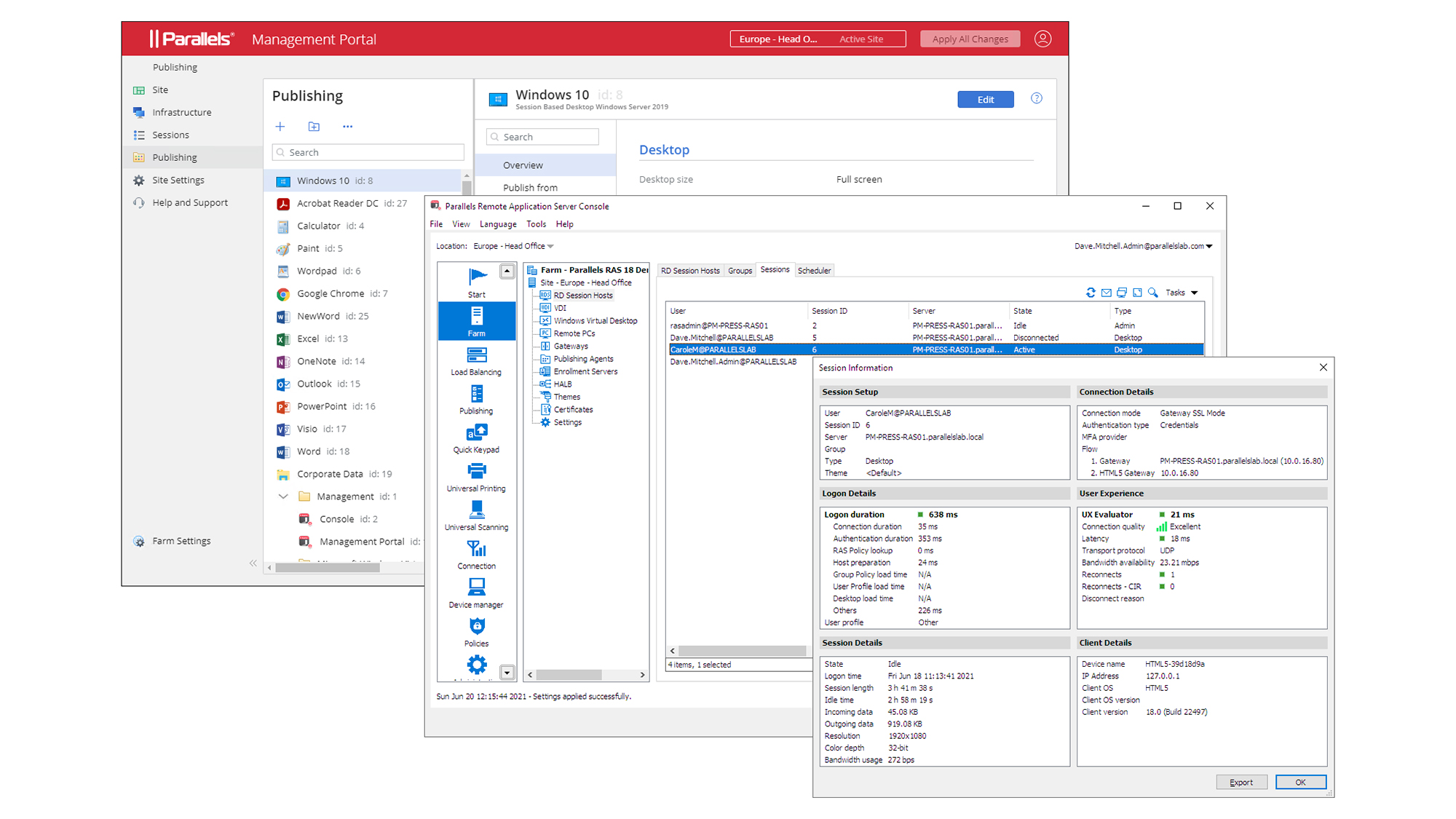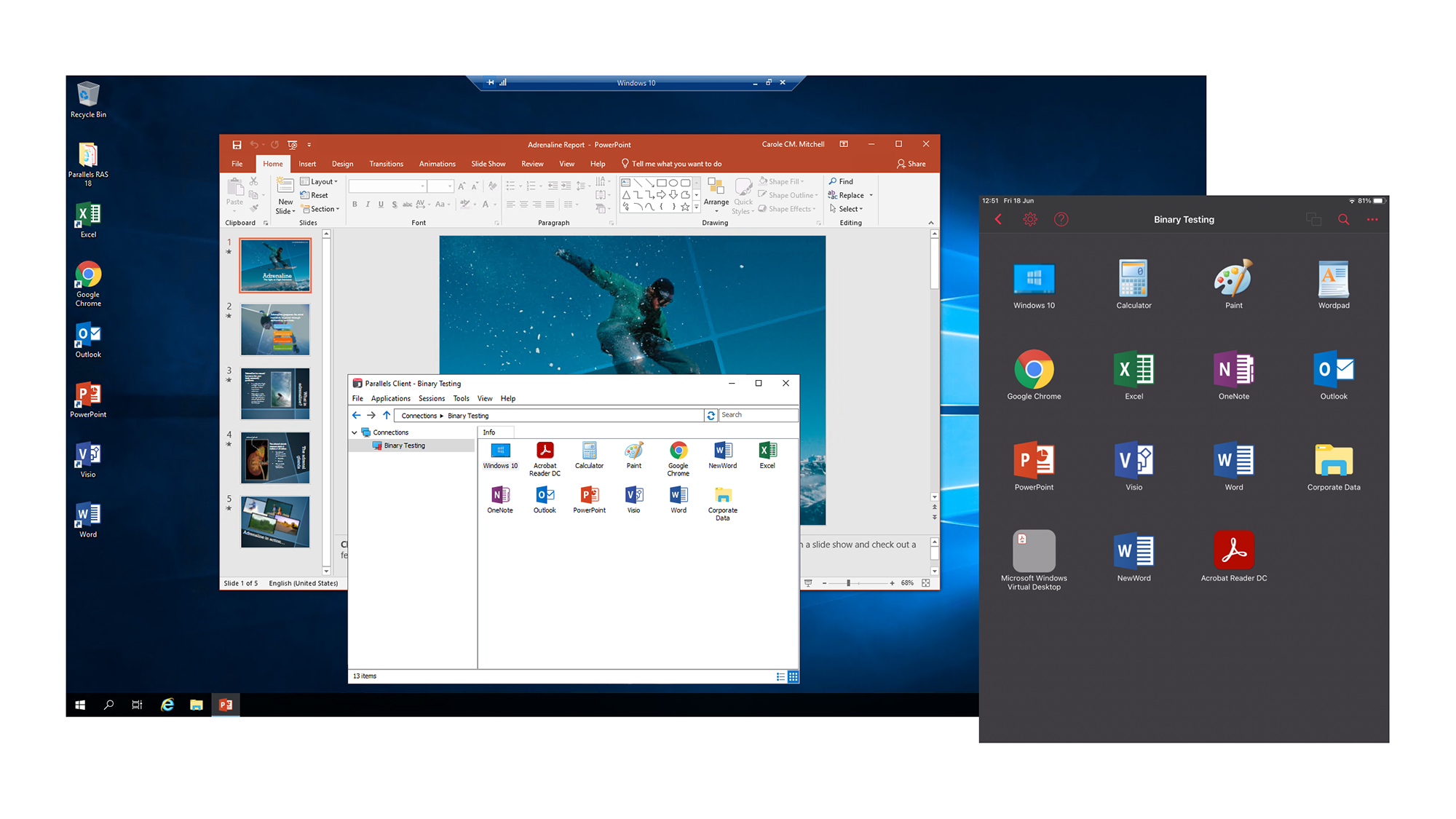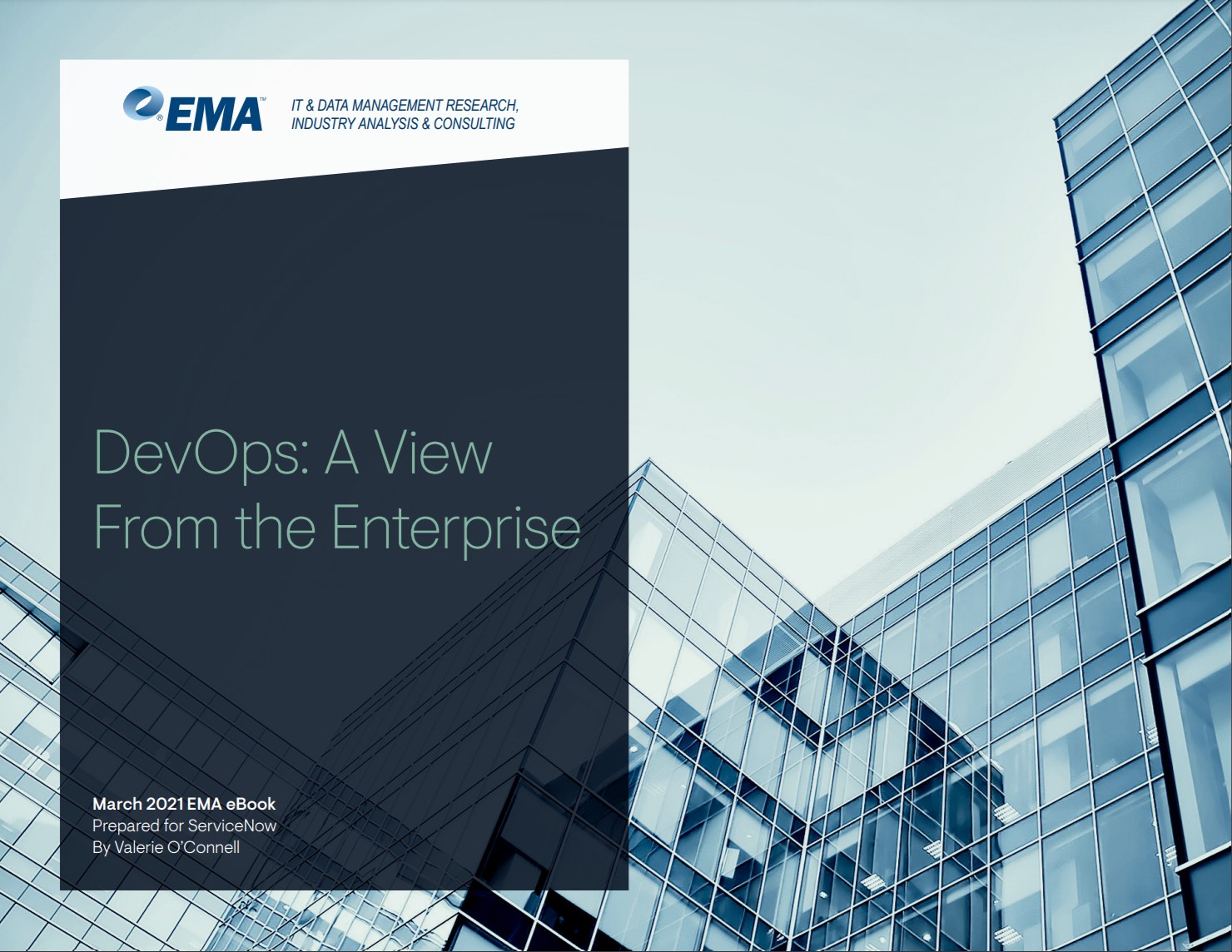Parallels Remote Application Server 18 review: An ideal hybrid working environment
An affordable and secure VDI solution that’s easy to set up and perfectly poised for remote working


-
+
Simple to deploy and manage
-
+
Great value
-
+
Wide range of supported platforms
-
-
Web console isn’t fully completed yet

While the darkest days of lockdown are hopefully behind us, many businesses plan to continue supporting work from home. The ad-hoc approach won’t do as a long-term solution, though; virtual desktop infrastructure (VDI) services provide a secure and manageable alternative.
It’s a market with plenty of mature products to choose from, but Parallels Remote Application Server 18 (RAS) stands out with a wealth of features aimed at improving life for both workers and administrators. The platform takes care of all VDI and application delivery services, with support for FSLogix Profile Containers for easier user configuration, and the whole thing integrates with Windows Virtual Desktop (WVD), so it can be managed from a single console.
Even better, users can keep the benefit of working on their preferred hardware: Parallels provides clients for Windows, macOS, Linux, iOS, Android and Chrome OS, and there’s even an HTML5 client for accessing services using a compliant browser.
If you want to test-drive RAS, it’s available as a free 30-day trial, and can be hosted either locally or on AWS or Azure. We tested using Azure and found deployment admirably swift: the setup procedure created a new Windows Server 2019 VM in the cloud for us, and pre-loaded all necessary components and services, such as Azure Active Directory (AD) for role-based access control.
The desktop console app provides access to management services; here you’ll find wizards for adding Windows Remote Desktop session hosts to your site, publishing applications and sending email invitations to users, which include client download and login instructions. Parallels is developing a web-based portal too – it’s a work in progress right now, but as more features are migrated across, it’s intended to eventually become the primary management tool.

Publishing apps is simple. You just need to choose which servers to publish from, then pick the desired apps from the list presented. RAS defaults to permitting app access to everyone, but a filtering option lets you lock this down to specific AD groups or users.
From the Farm tab you can view all sites, deploy Azure WVD providers and add other VDI hosts, with support for all popular hypervisors. You can keep close tabs on site performance too, with graphs showing server CPU, memory and storage utilisation. To help further optimise performance, the new UX Evaluator and Advanced Session Details features provide over 25 metrics for monitoring user experience, including time between a user loading a resource and the response, connection quality and latency. You can set alerts and thresholds to warn of any issues, and export data for further analysis.
RELATED RESOURCE

DevOps: A view from the enterprise
What's driving DevOps, the impact of value stream management, and more
From the user’s point of view, getting started with RAS is almost effortless. Once they’ve installed the client they just need to authenticate: RAS supports multifactor, SAML SSO or smart card authentication, and policies with custom settings can be pushed to users and groups. The RAS Windows client integrates with the standard WVD client, so users can run Windows virtual desktop sessions and access published apps from the same console. We found we could start apps directly from the client or pin shortcuts conveniently to our local desktop, and open them by either double-clicking or dropping local or remote files onto them.
We also appreciated that during Windows virtual desktop sessions our local drives were redirected for easy access from within the session, and we could create remote shared folders for everyone to use. This latest release of RAS includes a new accelerated file retrieval feature for Windows and macOS, which uses caching on redirected drives to improve copy performance.
Parallels RAS 18 is a great choice for businesses transitioning to hybrid working. It’s easy to set up, with fully centralised management and strong access security. Workers, meanwhile, get seamless access to the apps they need on the devices of their choosing – and costs can be easily managed, as pricing is based solely on the number of concurrent users.
Get the ITPro daily newsletter
Sign up today and you will receive a free copy of our Future Focus 2025 report - the leading guidance on AI, cybersecurity and other IT challenges as per 700+ senior executives
Dave is an IT consultant and freelance journalist specialising in hands-on reviews of computer networking products covering all market sectors from small businesses to enterprises. Founder of Binary Testing Ltd – the UK’s premier independent network testing laboratory - Dave has over 45 years of experience in the IT industry.
Dave has produced many thousands of in-depth business networking product reviews from his lab which have been reproduced globally. Writing for ITPro and its sister title, PC Pro, he covers all areas of business IT infrastructure, including servers, storage, network security, data protection, cloud, infrastructure and services.
-
 ‘Phishing kits are a force multiplier': Cheap cyber crime kits can be bought on the dark web for less than $25 – and experts warn it’s lowering the barrier of entry for amateur hackers
‘Phishing kits are a force multiplier': Cheap cyber crime kits can be bought on the dark web for less than $25 – and experts warn it’s lowering the barrier of entry for amateur hackersNews Research from NordVPN shows phishing kits are now widely available on the dark web and via messaging apps like Telegram, and are often selling for less than $25.
By Emma Woollacott Published
-
 Redis unveils new tools for developers working on AI applications
Redis unveils new tools for developers working on AI applicationsNews Redis has announced new tools aimed at making it easier for AI developers to build applications and optimize large language model (LLM) outputs.
By Ross Kelly Published
-
 Google layoffs continue with "hundreds" cut from Chrome, Android, and Pixel teams
Google layoffs continue with "hundreds" cut from Chrome, Android, and Pixel teamsNews The tech giant's efficiency drive enters a third year with devices teams the latest target
By Bobby Hellard Published